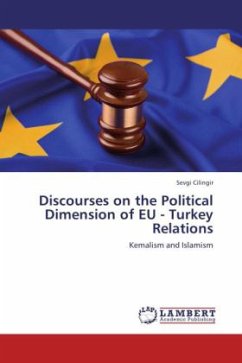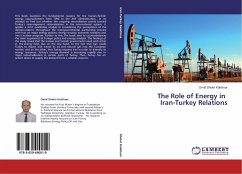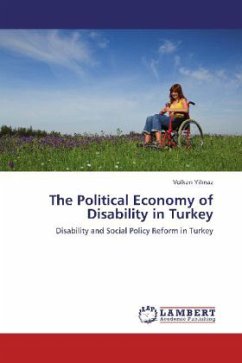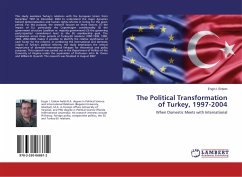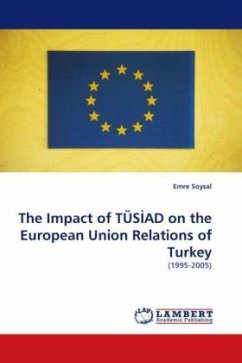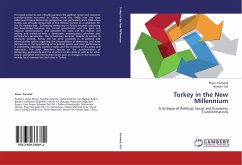This study aims at defining and analyzing the positions of Kemalism and Islamism about Turkey-EU relations with respect to identity and political reform. Writings of selected intellectuals were employed for analysis. The study focuses on the period between the declaration of candidacy in 1999 and the decision to start accession negotiations in 2004. It does not cover developments after July 2005. The political dimension of EU - Turkey relations includes EU demands on democracy, human rights, minority rights - with emphasis on the Kurdish problem - and Cyprus. Kemalist and Islamist positions on these issues are discussed in relation to their historical attitudes towards the West and the EU. Since 1999, Turkey s political development came under scrutiny. As the EU became an intervening actor, Kemalists and Islamists shifted positions. Historically pro-Western and pro-EU, Kemalists increasingly appeared Euro-skeptic. Anti-Western since the birth of the ideology, Islamists started sympathizing with EU demands. Kemalists reservations are explained with the paradox of Eastern nationalism . The Islamists shift is elucidated with the impact of the post-modern coup in 1997.
Bitte wählen Sie Ihr Anliegen aus.
Rechnungen
Retourenschein anfordern
Bestellstatus
Storno

